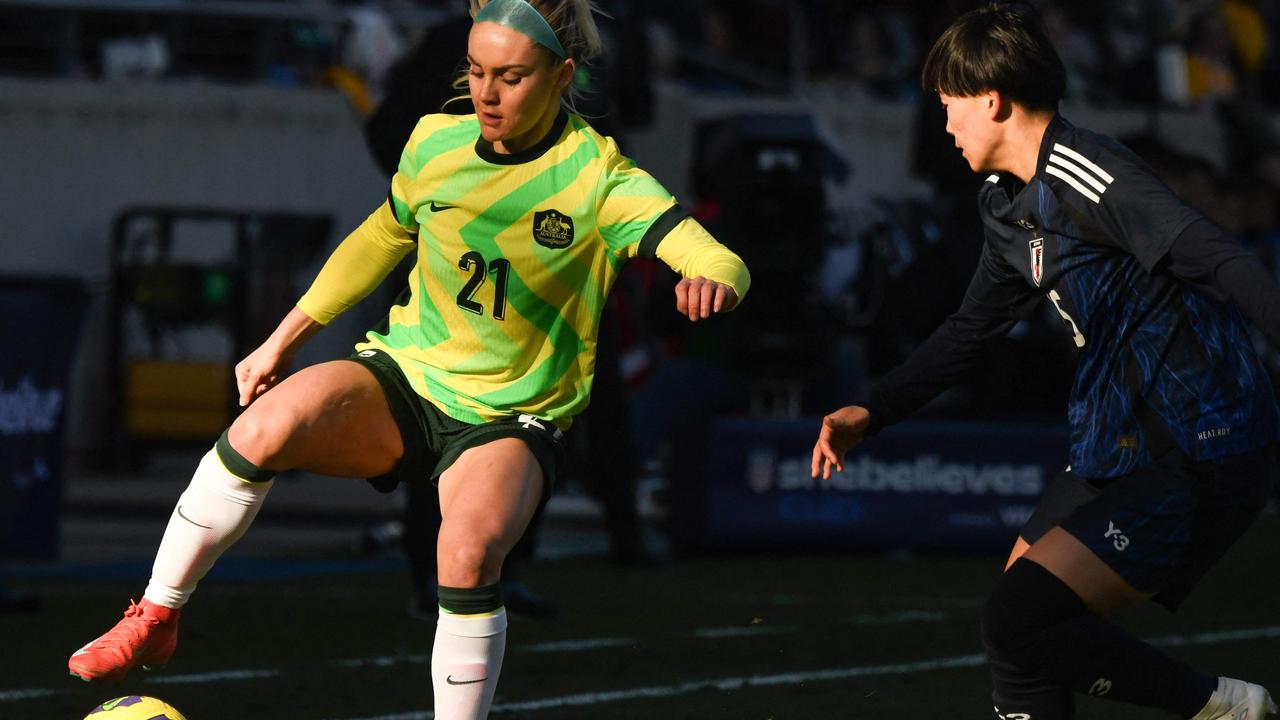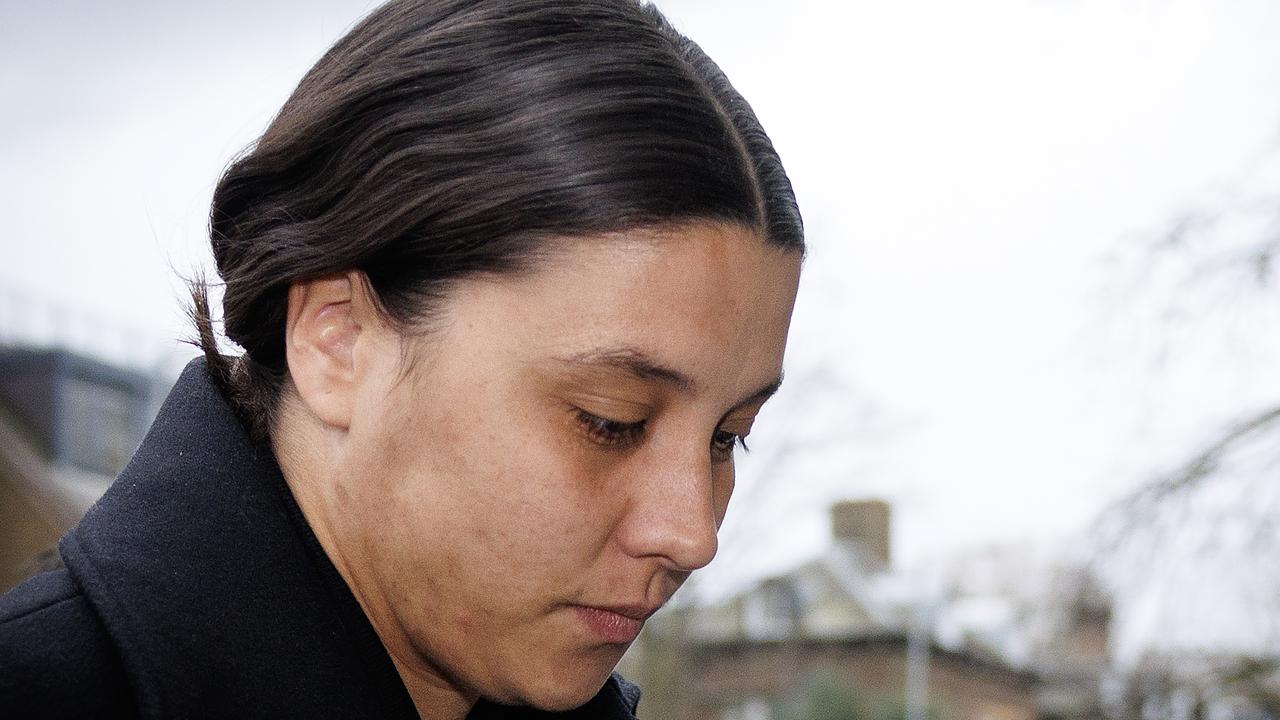Netball World Cup: Diamonds coach Lisa Alexander happy to tap into expert knowledge
Lisa Alexander has never been approached by Bradley Charles Stubbs. In her current set-up, Australia’s netball coach doesn’t need him anyway.
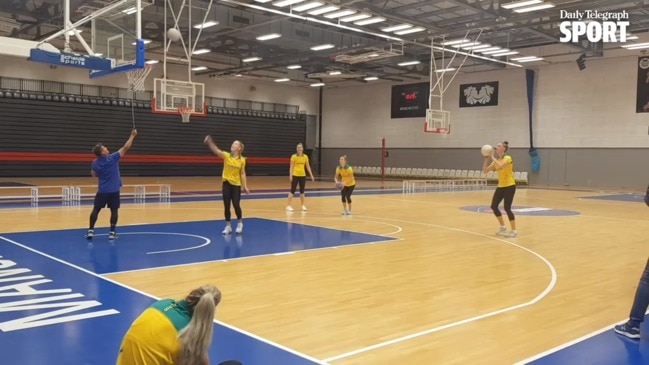
Women's sport
Don't miss out on the headlines from Women's sport. Followed categories will be added to My News.
Bradley Charles Stubbs has a habit of knocking on coaches’ doors, turning up at their homes, even standing on cafe tables to get their attention.
Across so many codes has that pertly raised index finger traversed its half surprising the controversial $5500-an-hour self-taught, self-coined 'Coach Whisperer' hasn't been spotted in the Diamonds’ World Cup camp.
Or, at the very least, his catchphrases coming from the mouth of boss Lisa Alexander.
"Maybe because he doesn't think I need him," Alexander ventures.
With nearly a decade under her belt as the world’s top-ranked netball team, she probably doesn’t.
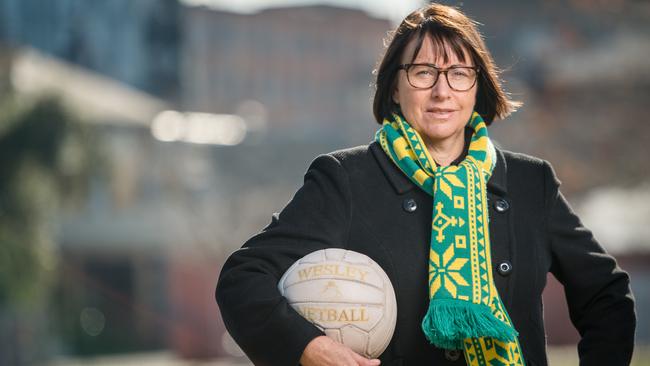
That's not to say the vastly experienced mentor doesn't align with some of his concepts.
She's just fine-tuned her own methods surrounded by her own people, a combination she hopes will have Australia, um, expecting to win.
“I'm a believer in that, in that you're not here to take up second place,” Alexander says.
“That's why I've said anything less than a gold medal is not a pass. We expect to win the tournament.
“What we have to understand though is that there are other teams that are far more competitive than they've ever been before so it's not going to be easy, but none of our tournaments so far have been like that anyway – we've had challenges along the way.
“We have a quiet confidence around the fact we can do that.”
The quietness of that confidence might be the biggest key difference.
And, unlike Stubbs, Alexander has no problem talking about the Diamonds’ opponents.
Or anything really - a distinction in itself from Stubbs’ heavily scripted references to the “subconscious”, “expect to win” and “we only worry about ourselves”.
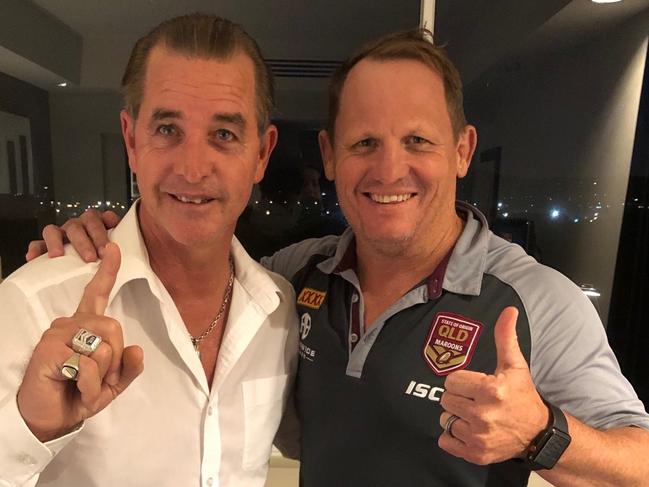
But she is big on sports psychology, on finessing the minds of players and maintaining an environment replete with all the elements necessary to create the most complete athlete.
That can be a complex undertaking given the growing professionalism of women’s sport and its accompanying - sometimes alien - weight of expectation.
One primary Diamonds resource is Ray McLean from Leading Teams, a leadership and high-performance program used widely across the AFL, cricket and rugby league.
“He definitely uses positive psychology and mindset, but with practicalities around that in terms of the individual needs to pull their weight for the team,” Alexander says.
“It's all about team, which I'm into.”
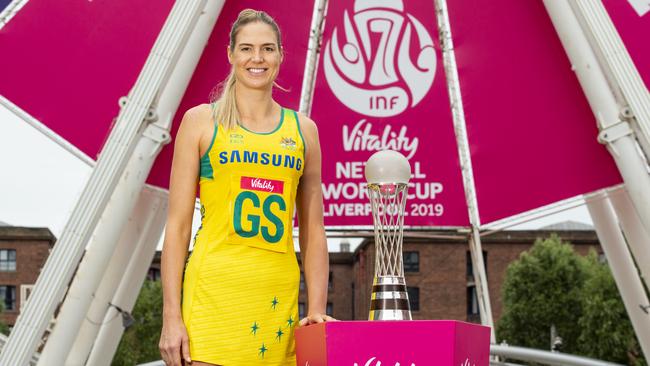
Then there’s her own personal mentors, such as legendary former Australian and Great Britain swimming coach Bill Sweetenham, the man who helped her overcome the confronting setback of missing 2018 Commonwealth Games gold.
“If you want to call him my coaching whisperer you could,” she says.
“He is somebody who definitely is all about positive psychology and there's no such word as ‘can't’.
“If you don't use it in your language people then have uncertainty around that and they'll read things into it.
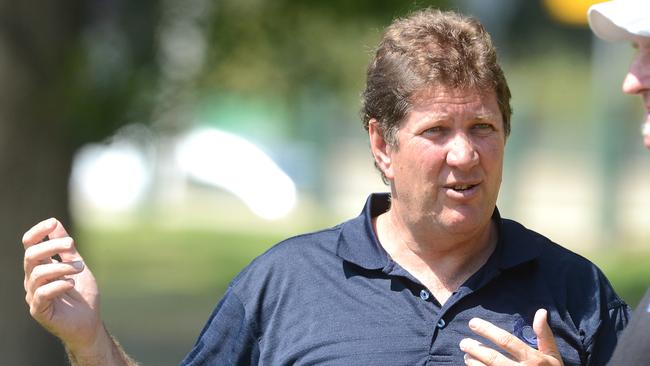
“Language is important in conveying that level of confidence about what you're doing. If you don't exude that confidence, if you're a negative Nancy, then who in hell is going to follow you?”
There are other connections, too, formed organically among coaches across the sporting spectrum, united in their shared drive for the cutting edge and their burden of intense pressure.
They include Australian cricket coach Justin Langer, who she’s regularly in contact with to the point she almost went along to a World Cup training session in Manchester last week while the Diamonds were training in the same city.
“We're colleagues and we support each other in what is a really difficult job,” she says.
“I just was so excited when he got the job. I really liked Darren Lehmann too but I think it was a great opportunity for him (Langer) because he's showing what a great communicator he is and how he's created a really great program there, even though it is tougher through the national program - he just couldn't believe how many more people he had to deal with, that was the funniest thing.
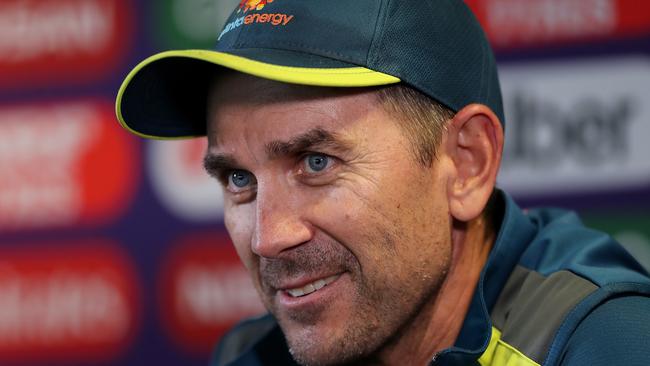
“But he's done it brilliantly, and having him and Ricky Ponting working together with the team, you can see the confidence the players are exuding because of that leadership and guidance. And Aaron Finch is, I think, terrific as a leader.”
In that sense, some of Alexander’s success lies in her willingness to embrace and blend the high-performance, leadership and psychological concepts of other sports.
“We know we're really highly respected by all the other sports and we've been really careful to support other sports,” she says.
“I'm actually into the fact there's more women's sport and that means sport the industry's getting bigger. That's a good thing.
“And the Matildas and the Southern Stars and the Hockeyroos are all supporting each other instead of having this, when we first started it was sort of like ... a competitive situation which I have never liked.”

